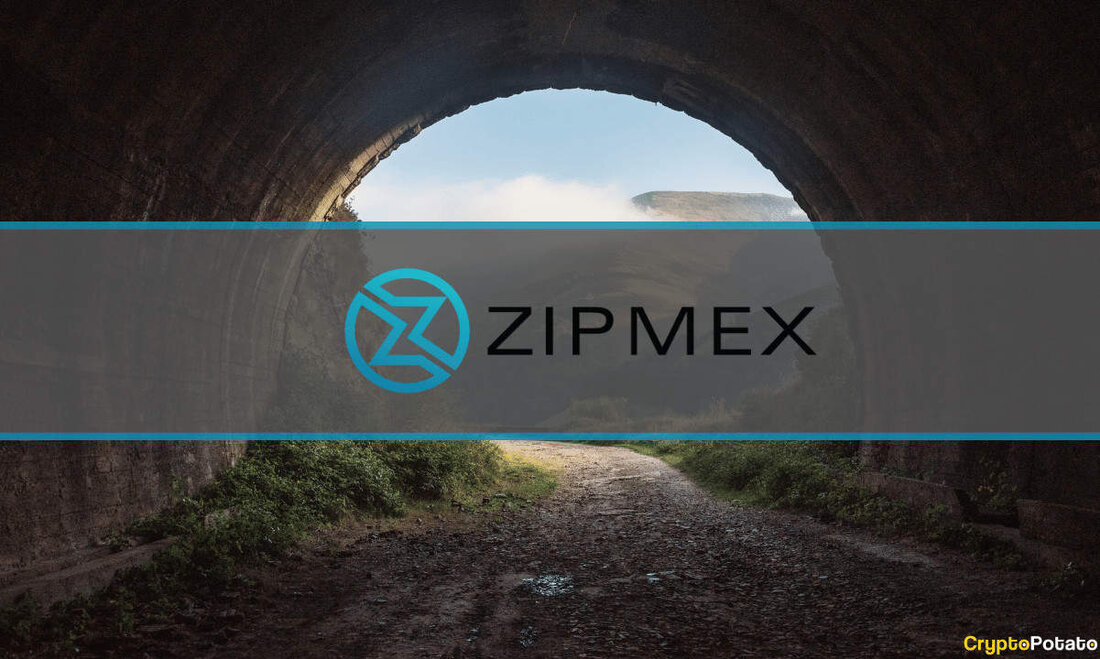ZipMEX investor does without 100 percent payment and is now trying to shorten the buyout deal
The ZipMEX rescue plan could face some challenges, since the investor of the crypto exchange now requires the payment of a fraction of his debts, in contrast to the promise to make a 100 percent payment. Meanwhile, the battered company plans to further expand its creditor protection in order to find new investors. Take proposal for ZipMEX A new turn by the investor from Zipmex suggests that the creditors of the Thai crypto exchange be paid about 10 to 20 percent of the amount owed to them, as stated in a letter that the company wrote to the court responsible for its restructuring. The investor's new proposal differs significantly ...

ZipMEX investor does without 100 percent payment and is now trying to shorten the buyout deal
The rescue plan of ZipMex could face some challenges, since the investor of the crypto exchange now requires the payment of a fraction of his debts, in contrast to the promise to make a 100 percent payment.
The battered company plans to further expand its creditor protection to find new investors.
takeover proposal for ZipMex takes a new turn
The investor from Zipmex suggests paying the creditors of the Thai crypto exchange about 10 to 20 percent of the amount owed to them, according to a letter that the company wrote to the court responsible for its restructuring. The investor's new proposal differs significantly from the original Buyout proposal, which promised a complete payment to the creditors.
In the letter viewed by Bloomberg, it says that the investor wanted to shorten the payment to the creditors, since Zipmex did not meet the conditions mentioned in the original takeover proposal. Although the investor's name is not mentioned, an anonymous source revealed that the nameless company was the risk capital fund V Ventures.
As already reported by cryptopotato , V Ventures signed a contract with Zipmex in December 2022 to acquire 90 % of the crypto exchange that has become difficult for $ 100 million in cash and crypto tokens. The crypto share of the payment should be used to gradually unlock the frozen wallet of customers by April 2023.
zipmex, however, did not receive the fourth tranche of the payment of $ 1.25 million due on March 23, 2023. Payment should be used to finance the operating capital.
In July 2022, Zipmex, which has branches in Thailand, Singapore, Indonesia and Australia, stopped with the withdrawals on its platform after it had exposed to difficulty crypto loan Celsius and Babel Finance worth $ 53 million. Shortly afterwards, ZipMex applied for insolvency protection from the creditors and received a three -month creditor protection from the Singapore High Court in August 2022, which enabled him to offer a debt rescheduling plan.
plans of ZipMex to further extend the creditor protection window
Meanwhile, the latest extension of Zipmex's creditor protection expires in a few days on April 23. With the recent development of its investor, the crypto exchange wants to ask the court to grant another creditor extension in order to be able to search for alternative investors, as the letter says.
In the middle of the problems of ZipMex, the Thai stock exchange supervisory authority (SEC) reported an investigation into an investigation of the company's activities, which examined whether the crypto exchange had violated local law.
.

 Suche
Suche
 Mein Konto
Mein Konto
